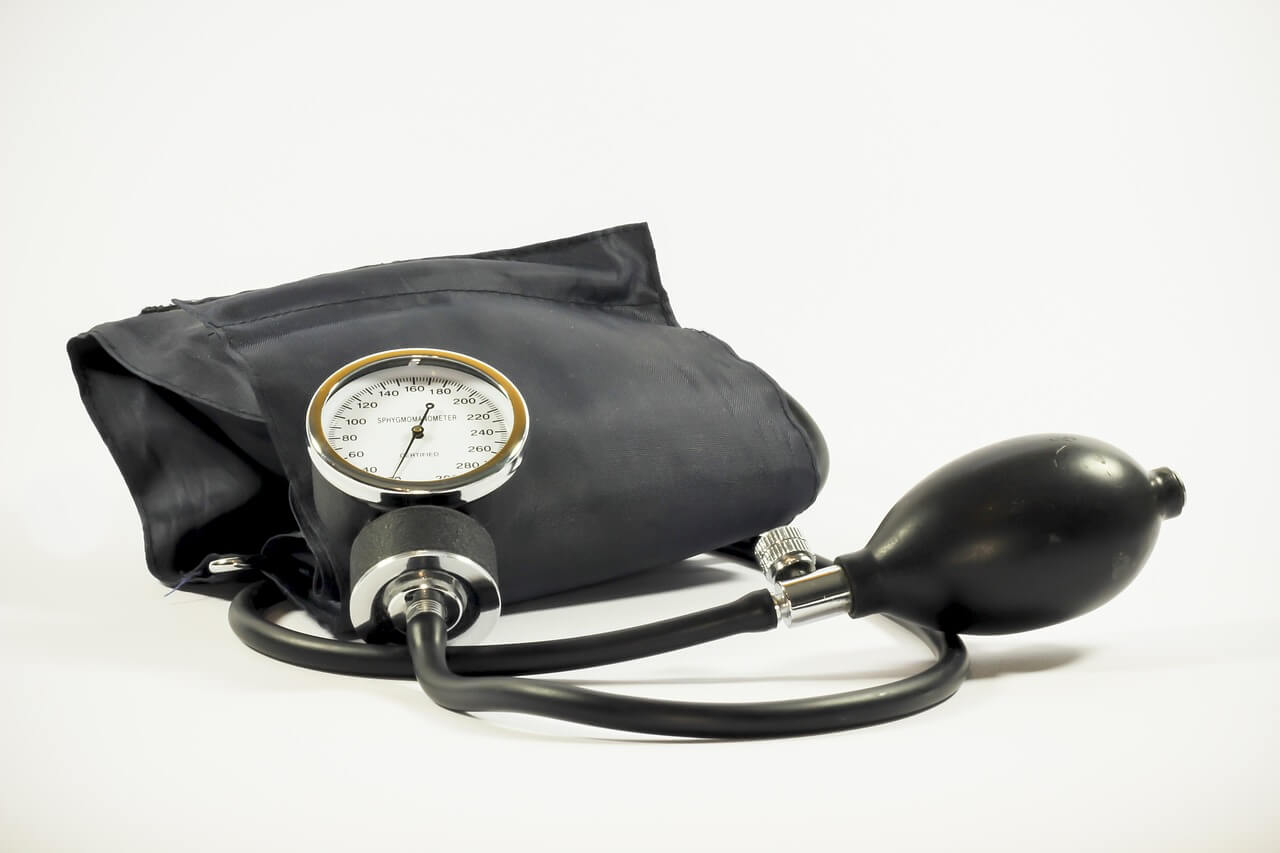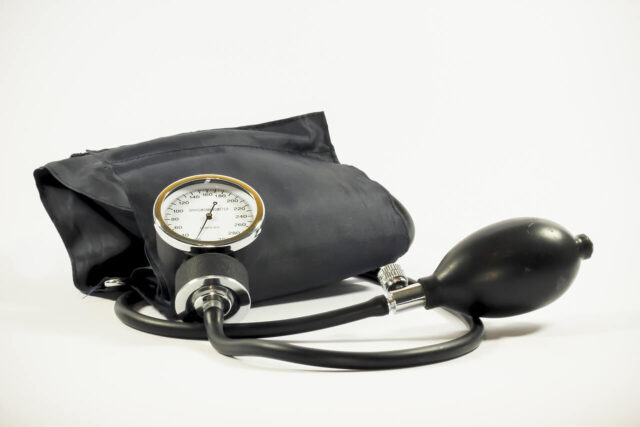
Are you in search of the best supplements for High blood pressure? Search no more, as this article covers everything you need to know.
High blood pressure, or hypertension, affects many people worldwide and is a significant risk factor for heart disease and premature death. While prescription drugs are common for managing hypertension, some prefer a natural approach with nutritional and herbal supplements, especially when combined with lifestyle changes like exercise and a heart-healthy diet.
In the US, nearly half of adults have high blood pressure, increasing the risk of heart failure, heart attacks, and strokes. However, adopting a healthy lifestyle can mitigate these risks, including maintaining a balanced diet, staying active, maintaining a healthy weight, not smoking, limiting alcohol intake, and sometimes using medication.
However, it’s essential to understand the limitations of supplements, especially when taking other medications. Seeking personalized medical advice before supplementing is crucial for informed decision-making.
READ ALSO: Herbs for Pain Relief and Inflammation
7 Best Supplements for Lowering High Blood Pressure
Potassium
Potassium stands out as a natural supplement that could aid in lowering blood pressure levels.
Potassium functions by facilitating sodium excretion through urine and promoting the relaxation of blood vessels. Research suggests that increasing potassium intake through dietary sources or supplements can reduce high blood pressure levels.
According to the American Heart Association (A.H.A.), consuming a diet rich in potassium can be beneficial for individuals with high blood pressure.
with recommended sources including:
- Dried apricots
- Spinach
- Avocados
- Mushrooms
- Prunes
- Fat-free or low-fat yogurt
- Milk.
Potassium supplements could have a modest yet significant impact on blood pressure reduction, particularly when combined with other antihypertensive therapies. Additionally, incorporating potassium-rich foods into your diet may help manage high blood pressure effectively.
Garlic
Garlic is well-known for its ability to naturally lower blood pressure. Research suggests that taking garlic supplements can lead to a significant decrease in blood pressure levels.
Additionally, a meta-analysis of 12 clinical trials showed that garlic supplements reduced systolic blood pressure by an average of 8.3 mmHg and diastolic blood pressure by 5.5 mmHg. These reductions are comparable to those achieved with standard blood pressure medications.
In addition to lowering blood pressure, garlic supplementation may also reduce the risk of stroke and coronary artery disease by up to 40%, according to researchers.
Magnesium
Magnesium plays essential roles in various bodily functions, including muscle and nerve function, immune system support, and protein synthesis.
Research suggests that magnesium supplements can increase the production of nitric oxide, which helps relax blood vessels and lower blood pressure.
A review of 11 randomized studies found that daily magnesium intake of 365 to 450 mg over approximately 3.6 months significantly reduced blood pressure in individuals with chronic medical conditions.
Additionally, a meta-analysis involving over 200,000 people showed that a higher dietary intake of magnesium may lower the risk of developing high blood pressure. Each 100-mg increase in daily magnesium intake was associated with a 5% decrease in the risk of hypertension.
Foods rich in magnesium include:
- Dark leafy greens
- Nuts
- Beans
- Tofu,
- Avocados.
However, excessive magnesium supplementation may cause gastrointestinal issues like diarrhea.
While the evidence supporting magnesium supplements’ role in reducing hypertension is inconclusive, maintaining a balanced diet high in magnesium-rich foods can contribute to overall heart health and blood pressure management.
Ginger
Ginger, known for its versatile uses in traditional medicine, also shows promise in lowering blood pressure. Studies suggest ginger’s ability to dilate blood vessels and reduce inflammation may contribute to its cardiovascular benefits.
Research indicates that high-dose ginger supplements, typically 3 grams or more per day for up to eight weeks, can favor blood pressure, particularly in individuals under 50.
A comprehensive review of multiple studies highlighted ginger’s potential to reduce general blood pressure, especially in younger adults. However, the exact mechanism behind ginger’s blood pressure-lowering effects remains unclear.
Ginger is available in fresh, dried, tea, powder, and supplements. While generally safe, typical side effects of ginger supplementation may include belching, stomach upset, dry mouth, and heartburn.
Fish Oil
Fish oil, rich in omega-3 fatty acids, has been linked to improved heart and brain health. Studies suggest that adding fish oil supplements to your daily routine may help lower blood pressure, particularly for those with moderate to severe hypertension.
Research shows that high doses of fish oil supplements can significantly reduce overall blood pressure, especially in individuals not using blood pressure medications. Consuming omega-3-rich foods like fatty fish, such as tuna, mackerel, sardines, and salmon, can offer similar benefits. The American Heart Association recommends eating two servings of fatty fish per week as part of a heart-healthy diet.
To support optimal blood pressure management, aim for a daily intake of around 3 grams of omega-3 fatty acids, whether from fish oil supplements or dietary sources.
READ ALSO: What is the Importance of Traditional Herbal Medicine in Nigeria?
Other High Blood Pressure Supplements
- Probiotics
- Melatonin
- Green tea
- Vitamin C
- Beetroot
- CoQ10
- L-arginine
- Vitamin D
- B vitamins
- Fiber
Safety and Quality Considerations for Blood Pressure Supplements
While many supplements claim to lower blood pressure, not all are safe or effective for everyone. It’s important to note that certain supplements may interact with commonly prescribed medications, including those for managing blood pressure.
When choosing supplements, prioritize reputable brands known for their quality and purity. Look for companies that undergo third-party testing to ensure product integrity, such as Healthycell. This guarantees that you’re using a trustworthy and safe product.
Additionally, determining the correct dosage is crucial. Insufficient amounts may provide little benefit, while excessive intake can result in adverse effects. Your healthcare provider can offer personalized advice to help you find the right dosage tailored to your specific health requirements.
Opt for supplements verified for purity by organizations like the United States Pharmacopeia (U.S.P.) or N.S.F. International to ensure safety and quality. This way, you can confidently support your blood pressure management with supplements that meet stringent quality standards.
Conclusion
Supplements offer promising options for managing high blood pressure alongside conventional treatments. Each supplement has unique benefits, from potassium to garlic, magnesium, ginger, and fish oil.
Ensure safety and quality by choosing reputable brands that undergo third-party testing. Remember, supplements are part of a holistic approach to health, complementing a balanced diet and active lifestyle for optimal results.











